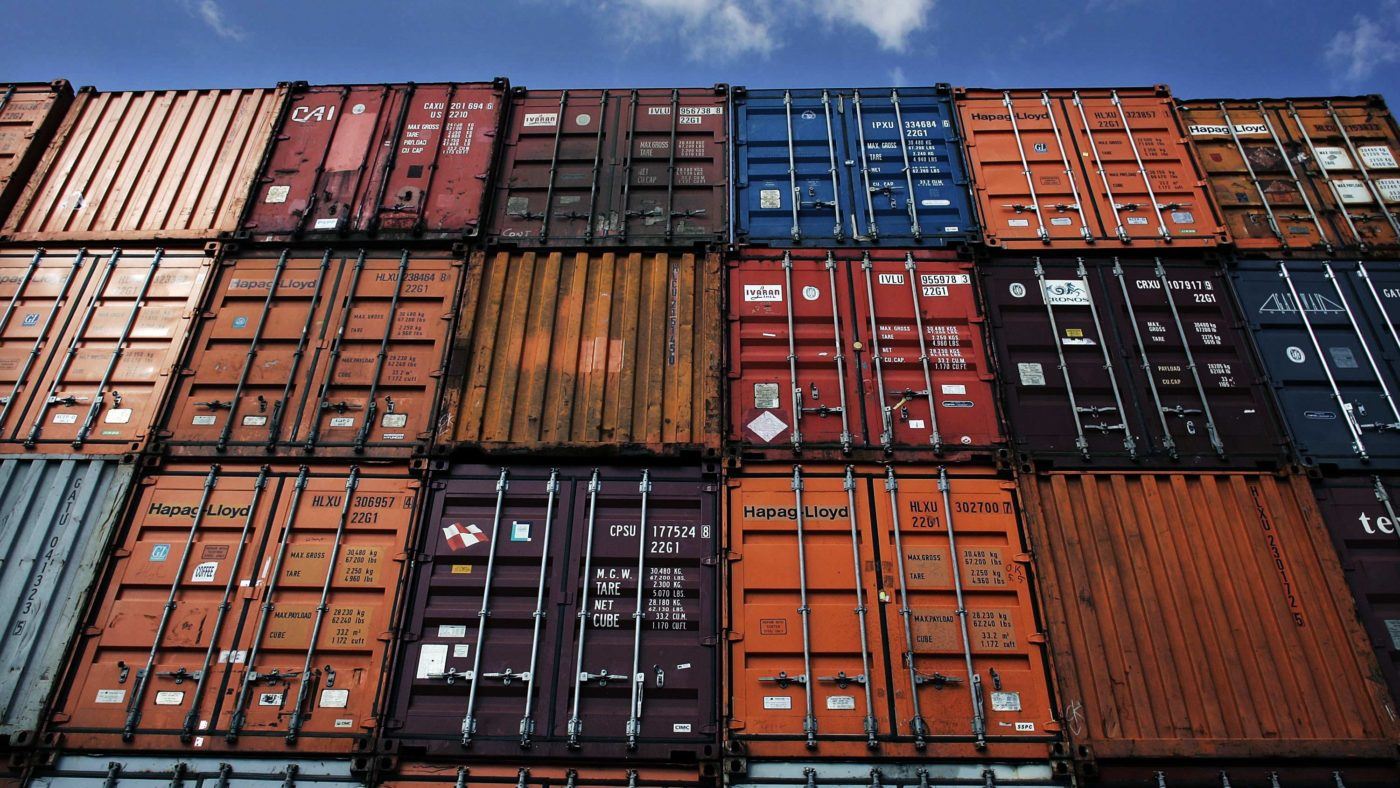When Liam Fox was told that he would head a new department for international trade, he went to speak to Martin Donnelly, the official who would be running it. But they didn’t yet have an office in which to meet. Today, the Department for International Trade not only has building, but it also has 300 staff working full time on our post-Brexit trade policy.
But the UK is still not ready to make the most of its new trading opportunities. In a new report for the Institute for Government, Taking Back Control of Trade Policy, Ines Stelk, Jill Rutter and I find that key parts of the government’s new trade machine are still missing.
For example, we do not have a coherent system for involving businesses, consumers and other groups in trade policy. The detail of a trade deal matters; where a civil servant places a comma might make a difference to whether a business ends up exporting. That means that these groups have to be engaged directly in making trade deals. Without them, we’ll be negotiating in the dark.
Nor do we have an independent analytical body. Countries like the US or Australia use these organisations – staffed by economists and at one remove from government – to publish impartial evidence about the impact of trade policies. That independent expertise makes it easier for politicians to take on the vested interests who benefit from protectionism.
Only once these outstanding issues have been resolved will the UK be ready to start taking advantage of its new trade opportunities.
At that point, the UK should be guided by one principle above all: prioritisation. The Department for International Trade’s 300 members of staff are not an unlimited resource. Experience from other countries suggests that it would be realistic for the UK to do three to five deals at a time. More than that and the department will grind to a halt.
The first priority should be launching negotiations to carry over the existing EU FTAs. The most valuable of the EU deals are with Turkey, Switzerland, Singapore, South Korea and Canada. They would be a good starting point.
In some instances, these can be nodded through after a simple substitution of “UK” for “EU”. But others will require renegotiation. The UK will be hindered by the fact that, when the EU was negotiating these deals in the first place, the UK didn’t feel the need to understand them in their entirely. The government decided to lobby the EU only on the issues that were most important to the UK, leaving the rest to other member states. As a result, our civil service has only a basic understanding of complicated documents that can be more than a thousand pages long.
Only once these existing deals have been transposed should we turn our attention to brand new opportunities. Some will argue that the UK should throw itself into deals with emerging markets like India, China or Brazil. The experience of other countries suggests that doing so would involve a good photo opportunity, followed by years of protracted talks that lead nowhere. It is true that Switzerland has secured a deal with China. But the value of the deal is demonstrated by the fact that 89 per cent of Swiss firms operating in China said the FTA had had no impact on their business.
The UK should ignore these siren calls. It will be better to return to these countries once the UK has got some negotiations under its belt – starting with Australia and New Zealand.
And if the UK is really serious about prioritising the use of its resources, it will recognise that there is more to trade than trade deals. There are plenty of other tools – commercial diplomacy, capacity building or unilateral action – that might be more effective, particularly on services.
The risk is that the UK that fails to prioritise. The last thing we need is for officials to find a new trade negotiation in their in-tray every time their Minister makes a foreign visit. Establishing an independent trade policy is a massive task that falls onto relatively narrow shoulders. Let’s be strategic about how we use these resources.


